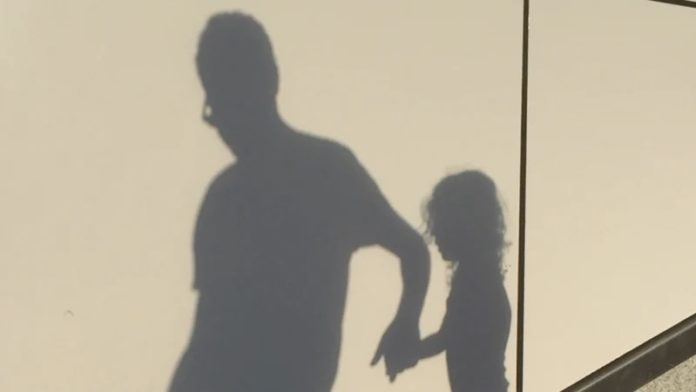Child sexual abuse is a global issue causing psychological damage and long-term effects on victims and their families. In Pakistan, lawlessness, poor communication, social isolation, and lack of education exacerbate the issue. To address the problem, there should be collective efforts from civil society, NGOs, and human rights organizations.
Child sexual abuse is an act of violence in which an adult intentionally harms the child physically, psychologically, and sexually for titillation, taking advantage of their weakness and violating their rights. The problem is infested in almost all societies and socio-cultural backgrounds in different forms such as molestation, assault, incest, rape, and cyber exploitation.
Child sexual abuse is a human rights violation that violates a child’s right to safety, dignity, and freedom from harm. It is important to understand that child sexual abuse is not the victim’s fault; the offender bears sole responsibility. As a result, society as a whole pays the price. It undermines trust, harms family and community relationships, and prolongs cycles of violence and abuse.
According to a report “Cruel Numbers” (2022) compiled by an NGO named Sahil, the number of child sexual abuse cases reported in Pakistan in 2022 was 4253. Cases reported included child sexual abuse, abduction, missing children, and child marriages. The data indicated that the number of children abused per day in Pakistan was 12, out of which 55% of the cases were of girls and 45% of boys. These numbers indicate that child abuse cases have experienced a surge of 33% as compared to 2021.
There are several causes behind Pakistan’s rising rates of child sexual assault. First off, neither the general public nor parents or even children themselves are sufficiently informed or educated about child sexual assault. A lack of knowledge of the symptoms, prevention tactics, and reporting processes causes underreporting and a lack of preventative actions. Second, sociocultural norms play a significant role in society since there is a culture of silence and concealment surrounding child sexual abuse and it is considered taboo to discuss. The stigmatization, blame, or revenge that victims can fear prevents them from reporting the abuse and getting assistance. Thirdly, reporting, investigation, prosecution, and support services may be lacking in the current legal framework for dealing with child sexual abuse. Laws are not effectively enforced, which fosters an atmosphere of impunity where offenders assume, they will not face consequences. Unemployment and vulnerability are other influencing variables as child exploitation and abuse are more likely to occur when there are economic inequalities and widespread poverty. Financially struggling families may be more vulnerable to circumstances where their kids are at risk, including child trafficking or child labor.
Moreover, new threats have also emerged due to the digital era. Online exploitation and grooming are on the rise as a result of technology’s accessibility and the internet. Children are more vulnerable online due to a lack of understanding, parental monitoring, and inadequate regulatory frameworks. Additionally, the cycle of child sexual abuse is a result of insufficient child protection systems, which often include scarce resources and workers who lack proper training hence the fragmented cooperation among child protection authorities hampers effective, preventive, and responsive action.
Child sexual abuse calls for a comprehensive strategy to be addressed. The public’s awareness must be raised, educational programs on children’s rights and protection must be implemented, the legal system must be strengthened, victim support services must be improved, and an environment of open communication must be fostered. To effectively address child sexual abuse, cooperation between governmental agencies, civil society organizations, schools, parents, and communities is essential.
Child sexual abuse is a growing issue, and parents play a crucial role in preventing it. They should monitor children’s behavior, be open to discussing sexual abuse with their children, monitor their use of technology, and educate them about “stranger danger.” While government initiatives can aid in enforcing both new and existing laws more effectively, professional psychologists can offer emotional support.




